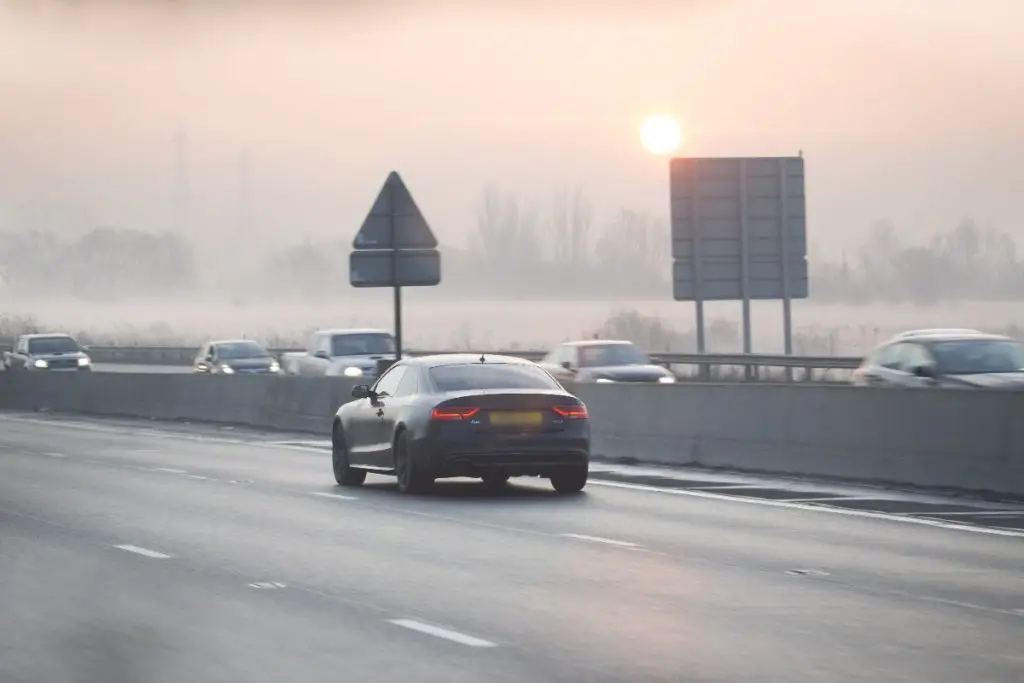National Highways began work on a smart motorway upgrade project in Egland which entails a series of improvements to more than 90 kilometers of highway around the country.
The task includes improving the central reservation safety barriers and replacement of steel center reservations with a more modern concrete barrier that is even stronger than the metal ones, to limit the risk of vehicles crossing from one carriageway to the other.
In the Midlands, work began on the M6 between junctions 4 (Coleshill) and 5 (Castle Bromwich) and is due to be finished by autumn. The entire stretch of the M6 between junctions 4 and 10a is being renovated in phases, with the portion between junctions 4 and 5 being the first.
The scope of the Smart Motorway Upgrade Project in England
Work is expected to include the installation of stopped vehicle detection technology, the addition of additional emergency refuge areas (ERAs) to meet the same spacing as the new ALR standard, the installation of additional signs indicating the location of ERAs, and the conversion of the steel central reserve barrier to concrete, where it isn’t already.
Furthermore, on three upcoming all-lane running (ALR) schemes, National Highways will upgrade the steel central reserve barrier to concrete and perform any associated enabling work, such as correcting drains to improve the barrier. ALR schemes replace the hard shoulder with a live running lane.
To minimize traffic disruptions while the barrier is being upgraded, three lanes will remain open. To protect the workers performing the upgrade, lane four will be closed and lane three will be slightly narrowed. A 50mph speed restriction will also be implemented, and overnight closures may be necessary on occasion.
Reduction to the danger of vehicles crossing from one carriageway to another
National Highways’ Paul Unwin, who is now in charge of the renovations, stated that safety is the organization’s first concern and that improving these barriers will enhance journeys and reduce the danger of vehicles crossing from one carriageway to another, therefore improving security and decreasing the duration of incident-related congestion.
“We will keep improving the safety of these highways, which are among the busiest in the country and rely on hundreds of thousands of passengers every day,” explained
In addition to being safer, the barriers are essentially maintenance-free and will last twice as long as standard metal barriers, requiring significantly fewer routine repairs.

